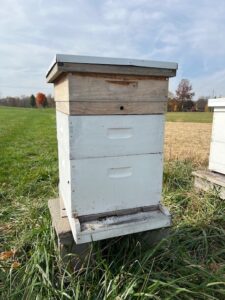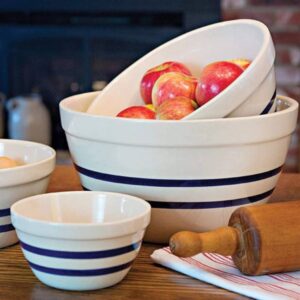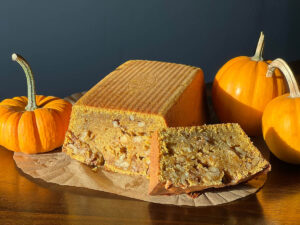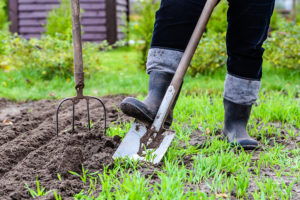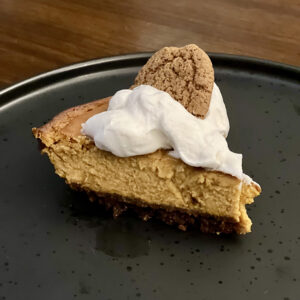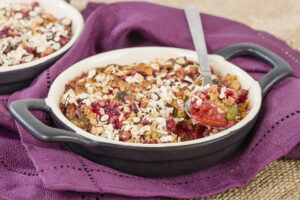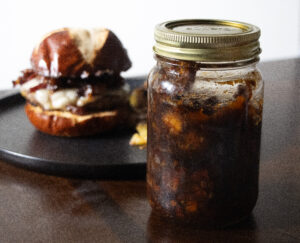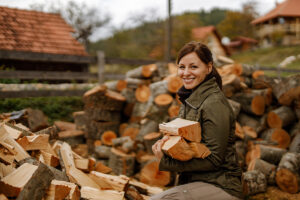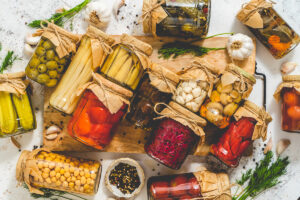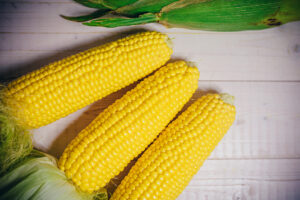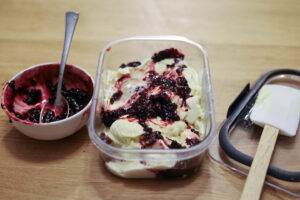Do you enjoy winter squash or pumpkin? Whether you grow it yourself or buy it at a farmer’s market or grocery store, you can make a tasty, nutritious snack from the seeds. Any kind of winter squash seed can be used and they all have their own slightly different flavor. Some are larger than others and some have thicker shells than others, but you’ll learn that as you experiment.
Some of the best squash seed I ever made and ate was from a stored spaghetti squash, which is officially a summer squash but can be kept like a winter squash. If you have a fresh or stored one you’d like to try to roast seeds from, wash it well and then puncture it in several places and place whole on a baking sheet – don’t split or cut it. Bake at around 350 degrees for an hour or until it’s tender.
Let the squash cool, then split it open and scoop out the seeds from the center, remove any strings or other material and put them in salt water at the ratio of about a cup of water to two tablespoons of salt. Pickling, canning or kosher salt is best for this, but you can use whatever you have on hand. Let the seeds set overnight or about 6 to 8 hours, then drain. Lightly oil a cookie sheet and spread the seeds on it, as close to a single layer as you can get. Bake them at 325 for a couple of hours stirring about halfway through. Let them bake until lightly browned. If you’re not going to eat them right away, store them in a jar with a tight lid in a cool, dark place and they will keep as well as sunflower seeds. (Hint: In a pretty jar, they make great Christmas gifts.)
to eat them right away, store them in a jar with a tight lid in a cool, dark place and they will keep as well as sunflower seeds. (Hint: In a pretty jar, they make great Christmas gifts.)
For other squashes, process the seeds the same way, except don’t cook the squash first. Split a squash, scoop out the seeds and wash them, making sure they are free of pulp. Then go ahead with the procedure above. Pumpkin seeds should be processed the same way.  If you do this with every squash you eat, you’ll soon have a stash of snacks that will beat any salty junk food hands down. Every time you snack on them, you’ll be treating your body to a good source of protein, iron, vitamin K, copper, phosphorus, magnesium and manganese instead of grease, salt and who knows what else. Besides that, they’re free!



